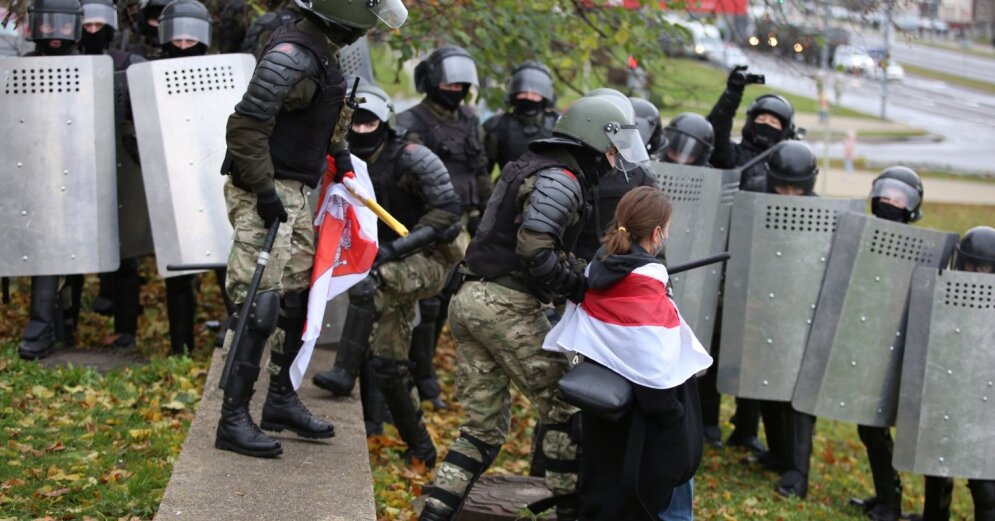POJOKSATU.id, JAKARTA – Technological advances have allowed a Covid-19 vaccine to be discovered in a short time.
This was revealed by Udayana University Virologist Prof. Ngurah Mahardika in the Inspirational Dialogue event entitled Procedures for Vaccine Discovery held by KPCPEN.
Prof. explained. Ngurah Mahardika, if in the past the making of vaccines could take a long time because you had to get a pure agent.
But now, he said, with advances in technology, it is possible to accelerate it.
“Today, technology has made it possible for us to do it quickly. No need for disease agents anymore and can be made synthetic, so it can be very fast. In ancient times it took a long time to find just the seeds. Nowadays, it only takes one or two months to find the seeds, “he explained as quoted from the official website of the Covid-19 Task Force.
Even so, continued Prof. Ngurah Mahardika, a key factor that should not be ruled out in the procedure is ensuring the level of safety.
He conveyed, basically, vaccine researchers and developers do not compromise aspects of quality, usability and safety, including the safety of the Covid-19 vaccine which is to be discovered, must be guaranteed.
“For the safety aspect, it starts from the pre-clinical phase, which was tested on animals, then Phase I which involved human volunteers, Phase II which involved hundreds of volunteers, and Phase III which involved thousands of volunteers. In all phases, the aspects of safety and usability are of serious concern. Especially in Phase III, when it involved thousands to tens of thousands of people, “he explained.
It doesn’t stop there, he said, after the vaccine is circulating in the community, it will continue to be monitored and audited to ensure its safety.
It should be noted that it is very possible for Indonesia to develop a Covid-19 vaccine independently. However, cooperation during the Covid-19 pandemic as it is today is not taboo. Cooperation aims to obtain high quality data.
Researchers and scientists in Indonesia also open domestic study data to contribute to world science and receive positive input from foreign researchers.
(zul / pojoksatu / adv)
–


